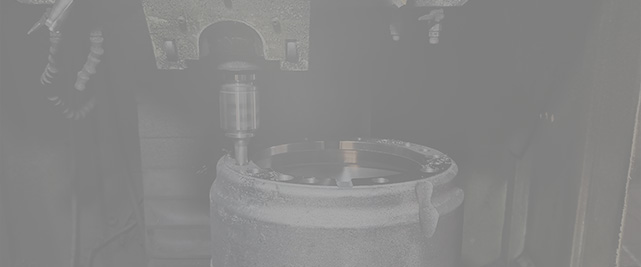Nov . 02, 2024 08:12 Back to list
rear brake drum leaking fluid
Understanding Rear Brake Drum Leaking Fluid
When it comes to vehicle maintenance, one of the critical areas that often requires attention is the braking system. A well-functioning brake system is essential for safety, and any visible signs of malfunction should be addressed immediately. One such issue is the leaking of fluid from the rear brake drum, a problem that can compromise your vehicle's braking efficiency and safety.
Symptoms of a Leak
The first indication that you may have a fluid leak from your rear brake drum could be a noticeable change in your braking performance. You might experience a soft brake pedal, longer stopping distances, or unusual noises when applying the brakes. Additionally, you may notice fluid pooling under your vehicle, particularly near the rear wheels. Brake fluid is typically clear or slightly yellowish and may have a slippery feel, making it easily identifiable.
Common Causes
There are several common causes for a leak in the rear brake drum. One of the most prevalent reasons is wear and tear on the brake components, particularly the wheel cylinder. The wheel cylinder is responsible for pushing the brake shoes against the drum to create friction. Over time, the rubber seals within the cylinder can deteriorate, leading to fluid leaks. Another typical cause can be a damaged brake line, which can occur due to corrosion, impact, or improper installation.
rear brake drum leaking fluid

Risks of Ignoring a Leak
Ignoring a fluid leak from your rear brake drum can lead to more severe consequences. The most immediate risk is reduced braking capacity, which can increase the likelihood of accidents. Additionally, continued leaking can lead to complete brake failure, which poses a significant danger not just to the driver but also to passengers and other road users. Beyond safety, ignoring the issue can lead to further damage to other braking components, resulting in more expensive repairs.
What to Do Next
If you suspect that your rear brake drum is leaking fluid, it’s crucial to address the issue promptly. Start by checking the brake fluid level in the master cylinder reservoir. If it’s low, top it up temporarily, but remember that this is just a stopgap measure. The best course of action is to consult a certified mechanic to assess the situation thoroughly. They can identify the root cause of the leak and perform the necessary repairs, ensuring your vehicle is safe to drive.
In conclusion, a rear brake drum leaking fluid is not just a minor inconvenience; it is a symptom of a larger problem that can significantly impact vehicle safety. Regular maintenance and prompt attention to issues can help keep your brakes functioning optimally and ensure your safety on the road.
-
Your Brake Drum Man: Quality & Performance Parts
NewsAug.21,2025
-
Explore Japan: Ultimate Travel Guide & Authentic Experiences
NewsAug.19,2025
-
Your Brake Drum Man: Premium & Reliable Brake Drums for Sale
NewsAug.18,2025
-
ROR Web Development: Build Fast, Scalable, Secure Apps
NewsAug.17,2025
-
Scania Brake Drums: OEM Quality for Optimal Safety & Durability
NewsAug.16,2025
-
R.V.I: Advanced Remote Visual Inspection for Precision
NewsAug.15,2025
